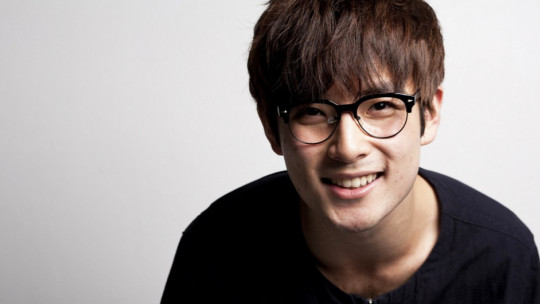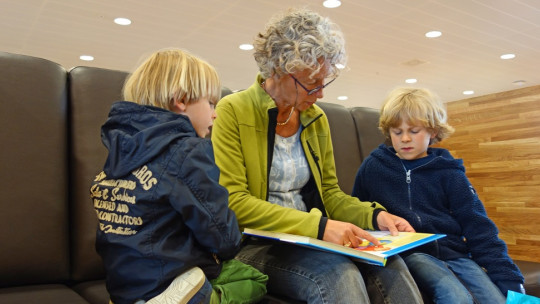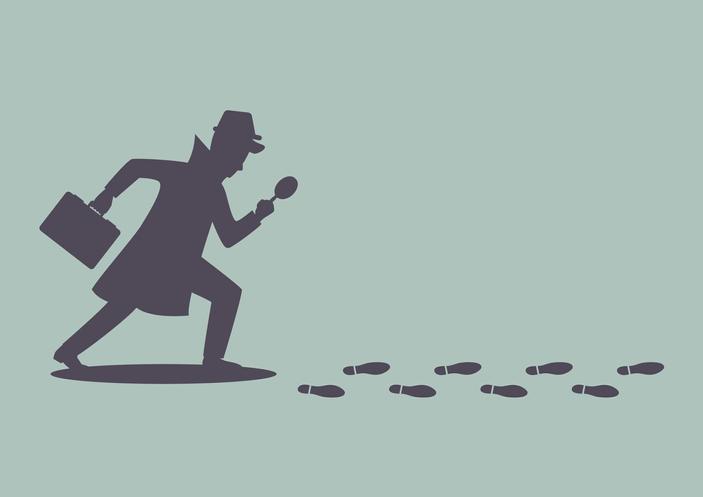We can read that man reached the Moon or that he never did, observe the report of the results of a scientific experiment or we can watch on television what we believe may be a massive demonstration.
We can believe in it or not, taking into account that what we receive from the media, what we read, what we are told… all of this can be the product of an error or be due to biased interests or opinions.
Today we have to be able to doubt everything, reflecting and evaluating what we perceive and/or what it communicates to us. That is why we can ask ourselves about the capacity to carry out this screening. What is critical thinking and how to develop it?
Critical thinking: defining the concept
Critical thinking is the ability manifested by human beings to analyze and evaluate existing information regarding a topic or specific topic, trying to clarify the veracity of said information and reach a justified idea about it, ignoring possible external biases.
We apply critical thinking to try to discern the reality of what we are told and perceive based on the analysis of the reasoning used to explain it In a way analogous to what Descartes proposed, it is about doubting the information, dogmas and absolute axioms that surround us until we ourselves can give them truth or, on the contrary, ignore them. With this, we seek to have a justified idea of reality and not blindly accept what others tell us.
This type of thinking, linked to skepticism, helps human beings create their own identity, appearing throughout development and being especially visible in adolescence and thereafter. It is not about opposing the world, but about being able to develop our own point of view based on the verification and contrast of data. What is intended with critical thinking is to eliminate fallacies and biases that compromise the objectivity of the data investigated.
Critical thinking is closely related to other abilities such as creativity, logic or intuition, allowing us to develop new strategies and ways of seeing and perceiving things. Having good critical thinking skills helps us avoid conformity and advance as human beings, avoiding the idea that there is only one way of seeing the world.
Critical and non-desiderative thinking
Before we have indicated that critical thinking helps us not to get carried away by the opinions of others and to consider this something totally true and correct. However, we should not confuse critical thinking with acting based on our impulses.
Yes ok Being critical of what is taken for granted is very helpful to improve ourselves and create new ways of seeing the world, that does not mean that we have to depend on what we simply believe. This could lead us to think that what we want or think about something is the truth, which in turn can lead us to commit cognitive biases.
For example, a person with major depression may believe that their condition will never change and that whatever they try is of no importance. This does not mean that this is the case, finding (whether alone or with professional help) positive things in your life that will help you improve your condition.
Critical thinking itself involves being able to put aside the different fallacies and biases to focus on seeking a truth that is as justified and reasonable as possible, seeking proof and evidence that what is said or done is true. It is based on the search for objectivity, ignoring the subjective and manipulative elements that other people or even oneself can introduce in the analysis of the information.
What skills does critical thinking involve?
We have made a description of what critical thinking is. However, it is worth asking what exactly is necessary to have it? Having critical thinking assumes that the individual who has it possesses to some degree the following skills or traits.
1. Reflection capacity
To be able to have a critical mindset it is necessary being able to think about things in abstract terms That is, being able to associate the information that comes to us with its meaning at both a superficial and deep level, as well as the implications that said information has with respect to the rest of reality.
2. Flexibility
Critical thinking involves the ability to doubt that what we perceive or believe we perceive is true, accepting the possibility that there are other different alternatives of the proposal(s). Thus, a certain mental flexibility is necessary that allows us to visualize that other perspectives different from the usual one can be objective and produce the desired results.
3. Logic and bias detection
The capacity of visualize the logic or lack thereof in the things we analyze, as well as the possible errors and biases that the statements and thoughts regarding them may have, is fundamental in this aspect. If we are not able to detect specific aspects of the argument that do not fully correspond to reality or that lack explanation, it is not possible to make a well-founded criticism.
4. Theory of mind
It is necessary to keep in mind that all statements and opinions are made by human beings, who present their opinions based on what they consider correct. So that, knowledge can be biased even on purpose if you seek an objective with your transmission.
5. Ability to doubt things
In order not to accept any explanation, it is necessary to be able to question its veracity. However, It is necessary that the doubts be limited to what is reasonable, otherwise every existing principle could be doubted. And while it would be a type of critical thinking, excessive skepticism would not lead to any resolution.
6. Motivation and curiosity
To doubt something, it is very useful that what we doubt is significant to us. We can be critical of something that does not matter to us, but the presence of a high motivation and curiosity regarding the topic or the given arguments implies that An attempt will be made to find a truthful and justifiable solution
Methods to enhance critical thinking
Critical thinking is a very useful ability and today highly sought after by society, both at work and in other aspects of life. Therefore it is of great interest to be able to enhance it To this end we have various activities and habits that can be useful to us.
1. Try to keep an open mind
We all have our opinions about what surrounds us. However, to think critically it is necessary to take into account that ours or the explanation that society offers may not be the only one or the most accurate. It’s more complicated than it seems but we must allow in our minds the acceptance of other positions, no matter how different they may be from our own.
2. Try to train empathy
Being able to put yourself in the shoes of others makes it easier to understand how they have reached the conclusions they have. Some activity that can facilitate empathy is the realization of role-playings theater, or the expression and communication of emotions and thoughts to others.
3. Actively participate in debates
The best way to increase proficiency in a skill is to exercise it. Thus, participation in forums and debates It is very useful, as the opinions, beliefs and data found by different people are compared.
4. Analyze texts and videos
Analysis of different materials can help improve critical thinking skills. It is especially important to look at the possible objectives or motives that a person may have for creating said material. You can start with simple material that is clearly based on subjective elements, such as opinion columns or advertising elements. Later we can advance by incorporating more technical and apparently objective material.
5. Avoid bandwagon and underdog effects
Many people join an opinion because it is either supported by the majority or ignored by it It is necessary that our thinking not be influenced by the fact that others pay more or less attention to the fact or information in question.
6. Question stereotypes
Society constantly generates stereotypes regarding a large number of topics. Try to choose one of them and look for information that calls it into question. to see to what extent it serves to explain reality
7. Look for and compare contradictory elements
It is easy to find publications on controversial topics about which there is no clear or absolutely certain general opinion. Searching for two opposing opinions and analyzing each of them allows observe what weak points these arguments have helping to be able to analyze other future information.
8. Research and train
In order to be able to discuss something it is necessary to know what we are talking about. Be informed about what is happening in the world It will allow us to put into perspective the information we receive from abroad, including the means by which we have obtained information.
9. Learn to separate information from what it provokes in you
Emotions help us give internal meaning to what happens to us and what we experience. However, in many cases they cause us to behave or think in a certain way. solely based on these sensations This can lead us to consider what something makes us feel as the only truth.
10. Try to listen to your intuition
Despite what was said in the inner point, sometimes our mind acts in a specific way that we cannot explain rationally. Intuition is sometimes conceptualized as the result of unconscious information processing, that is, as carrying out an internal analysis of the information that we have not consciously processed. However, it must be taken into account that this intuition may also be biased.










